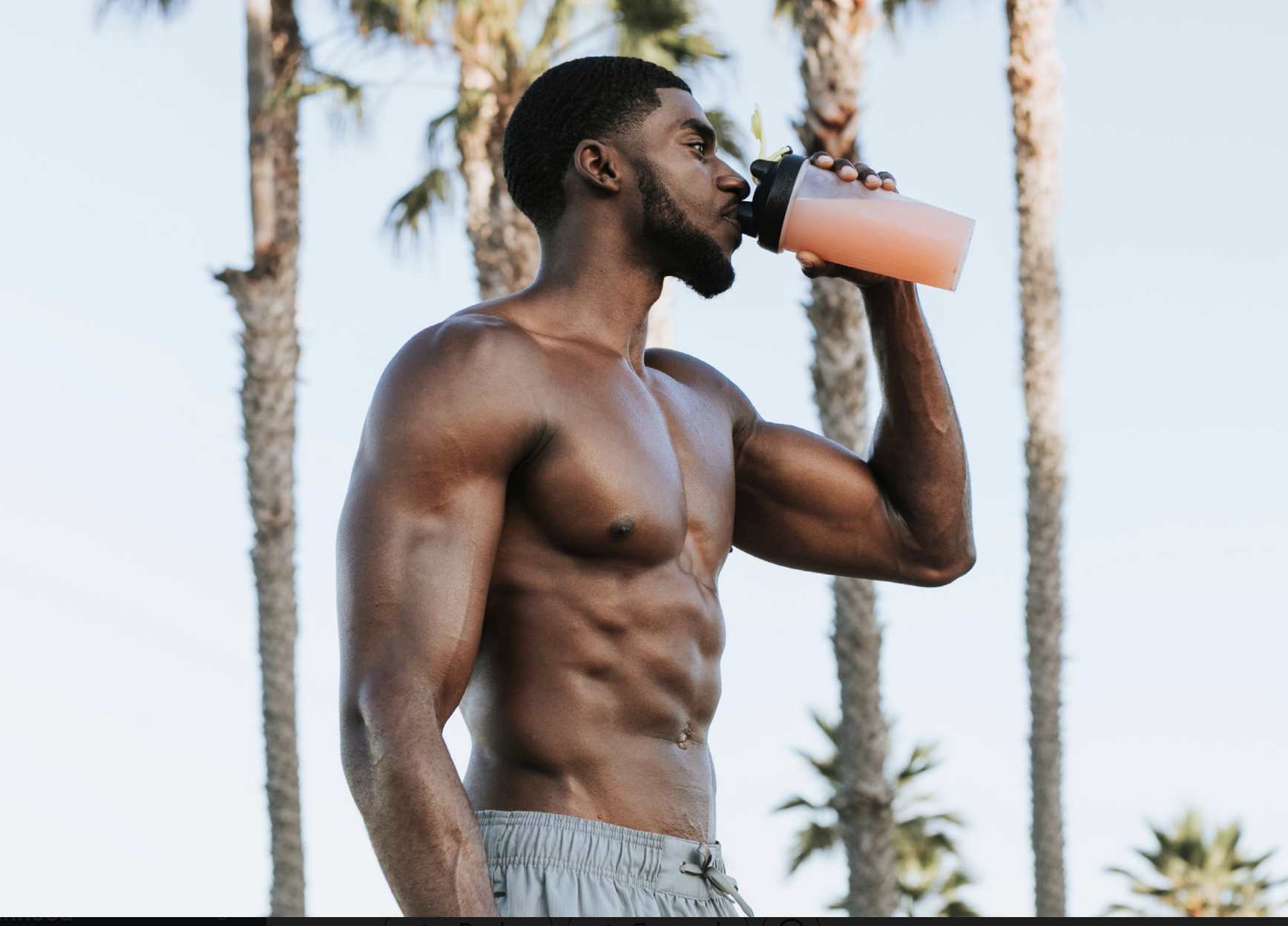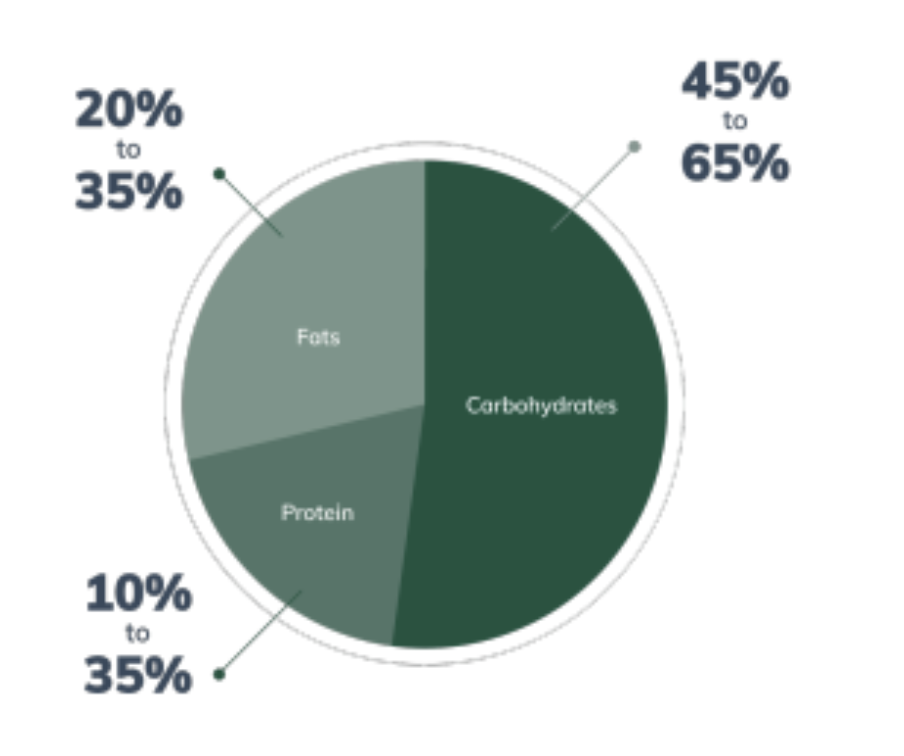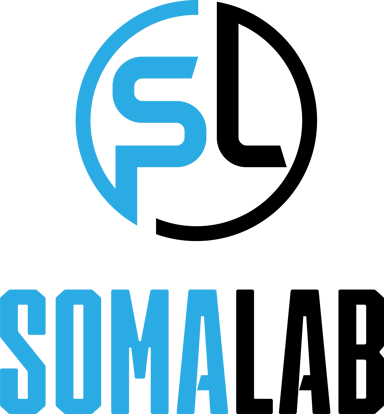Health benefits of proper nutrition for exercise
Fullscript • 2023-11-13
Proper nutrition is important in order to meet your nutritional needs. It can also enhance athletic performance and help you achieve your health and fitness goals.
Pre- and post exercise nutrition
Proper nutrition is important in order to meet your nutritional needs. It can also enhance athletic performance and help you achieve your health and fitness goals.
Health benefits of proper nutrition for exercise
- Aids in recovery
- Boosts results
- Improves performance
- Provides energy
Tips to get the most out of exercise through nutrition:
1. Eat to meet your nutritional needs: In order to get the most out of exercise and feel your best, it is crucial to ensure you are getting enough calories, macronutrients, micronutrients, and water.
2. Minimize processed foods: Processed foods tend to add excess calories, sodium, sugars, and unhealthy fats to your diet.
3. Replenish your electrolytes: Your body loses electrolytes when you sweat. Consuming electrolytes post-exercise can help to replenish any electrolytes that are lost.
4. Stay hydrated: Drink water throughout the day and before and during exercise.
What to eat and when
Your optimal nutrient breakdown and the best timing to eat depends on a number of factors, including:
- The amount of time you spend exercising
- The type of exercise
- Your age, sex, and health status
- Your health and fitness goals
As a general rule of thumb, the Food and Nutrition Board of the Institutes of Medicine recommends the following macronutrient breakdown for daily macronutrient intake.
Carbohydrates
Carbohydrates are the body’s preferred source of energy. The body uses carbohydrates for fuel for moderate to high-intensity exercises. The general recommendation for daily carbohydrate consumption is 5 to 12 g/ kg of body weight, based on activity level It is recommended to consume carbohydrates one hour prior to exercise if you are going to exercise for 60 minutes or longer. The table below outlines carbohydrate intake based on type and duration of exercise.
Pre-workout snacks containing carbohydrates
- Apple
- Banana
- Dried fruit and nuts
- Greek yogurt with fruit
- Hummus and crackers
- Oatmeal and one scrambled egg
- Turkey sandwich on whole grain bread
Protein
Protein is essential for muscle growth and repair. Protein can also be used by the body for energy after carbohydrate stores have been depleted. Depending on activity level, you may require 1.2 to 2 g/kg of protein per day. It is best to distribute protein intake evenly throughout the day. Aim to have 20 to 40 g of protein (0.25 to 0.4 g/kg of body weight) every three to four hours. Ensure you consume a high-protein meal or snack immediately after or up to two hours post exercise.
Post-workout meals and snacks containing protein
- Chicken with rice and vegetables
- Fruit smoothie containing protein powder • Salmon with sweet potatoes
- Scrambled eggs with toast
- Tuna and crackers
Water
Your body can lose several cups of water in 60 minutes or more of strenuous exercise. For this reason, it is important to ensure you are hydrating before, after, and during exercise. Use the color of your urine as an indicator of how hydrated you are; clear or pale yellow urine is a good sign that you are well hydrated.
Ensure you are staying hydrated by:
- Drinking water with every meal regardless of whether or not you will be exercising
- Drinking roughly 16 oz (2 cups) of water two hours before exercising
- Drinking water during and after exercise
References
1. American College of Sports Medicine. (2007). Exercise and fluid replacement. Medicine & Science in Sports & Exercise, 39(2), 377–390.
2. Aragon, A. A., & Schoenfeld, B. J. (2013). Nutrient timing revisited: is there a post-exercise anabolic window? Journal of the International Society of Sports Nutrition, 10(1).
3. Benton, D., & Young, H. A. (2017). Reducing Calorie Intake May Not Help You Lose Body Weight. Perspectives on Psychological Science, 12(5), 703–714.
4. Government of Canada. Limit highly processed foods. Canada Food Guide. Retrieved December 8, 2021, from https://food-guide.canada.ca/en/healthy-eating recommendations/limit-highly-processed-foods/
5. Kerksick, C. M., Et. Al. (2017). International society of sports nutrition position stand: nutrient timing. Journal of the International Society of Sports Nutrition, 14(1).
6. Manore, M. M. (2005). Exercise and the Institute of Medicine Recommendations for Nutrition. Current Sports Medicine Reports, 4(4), 193–198.
7. Moore, D. R. (2015). Nutrition to Support Recovery from Endurance Exercise. Current Sports Medicine Reports, 14(4), 294–300.
8. Office of Disease Prevention and Health Promotion. (2014, March 8). What To Eat Before You Go To The Gym - News & Events | Health.gov. Health.Gov. Retrieved November 18, 2021, from https://health.gov/news archive/blog/2014/03/what-to-eat-before-you-go-to the-gym/
9. Poti, J. M., Braga, B., & Qin, B. (2017). Ultra-processed Food Intake and Obesity: What Really Matters for Health—Processing or Nutrient Content? Current Obesity Reports, 6(4), 420–431.
10. Schoenfeld, B. J., Aragon, A., Wilborn, C., Urbina, S. L., Hayward, S. E., & Krieger, J. (2017). Pre- versus post exercise protein intake has similar effects on muscular adaptations. PeerJ, 5, e2825.
11. Stokes, T., Hector, A., Morton, R., McGlory, C., & Phillips, S. (2018). Recent Perspectives Regarding the Role of Dietary Protein for the Promotion of Muscle Hypertrophy with Resistance Exercise Training. Nutrients, 10(2), 180.
12. Stover, P. J., Garza, C., Durga, J., & Field, M. S. (2020). Emerging Concepts in Nutrient Needs. The Journal of Nutrition, 150(Supplement_1), 2593S-2601S.
13. Tang, Y. M., Wang, D. G., Li, J., Li, X. H., Wang, Q., Liu, N., Liu, W. T., Li, Y. X. (2016). Relationships between micronutrient losses in sweat and blood pressure among heat-exposed steelworkers. Industrial Health, 54(3), 215–223.
14. Thomas, D. T., Erdman, K. A., & Burke, L. M. (2016). Position of the Academy of Nutrition and Dietetics, Dietitians of Canada, and the American College of Sports Medicine: Nutrition and Athletic Performance. Journal of the Academy of Nutrition and Dietetics, 116(3), 501–528.
15. U.S. Department of Agriculture. Protein Foods | MyPlate. Myplate.Gov. Retrieved November 18, 2021, from https:// www.myplate.gov/eat-healthy/protein-foods
16. U.S. Department of Health and Human Services. (n.d.). Nutrition and athletic performance. MedlinePlus. https:// medlineplus.gov/ency/article/002458.htm
See More Posts
Copyright © 2024 mysomalabs.com. All rights reserved.





